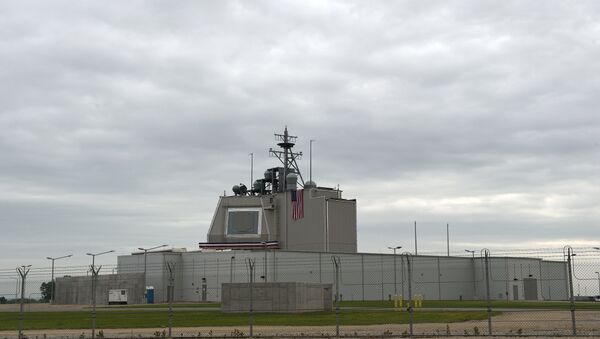The alliance has no plans to deploy new ground-based systems with nuclear weapons in Europe, even following the termination of the INF Treaty, NATO's Deputy Secretary General Rose Gottemoeller said in an interview with the German news outlet Sueddeutsche Zeitung.
READ MORE: INF Treaty's Collapse May Trigger New Arms Race, German Minister Warns
"We will now discuss how to respond to new Russian missiles. At the same time, we have no plans to deploy new ground-based systems with nuclear weapons in Europe, " Gottemoeller said, commenting on what could folow the termination of the INF.
She added that the door for negotiations is still open, and Washington is still ready to keep the treaty if Russia destroys the 9M729 missiles.
The statement comes shortly after NATO chief Jens Stoltenberg stated that the alliance was preparing steps in case the Intermediate-Range Nuclear Forces (INF) Treaty ended, adding, however, that it doesn't want a new arms race.
A day later, Russian President Vladimir Putin announced that Moscow was suspending its obligations under the INF Treaty in a "mirror-like response" to Washington's move, however, emphasising that Moscow would not be dragged into a new arms race.
READ MORE: Russia's INF Obligations Suspension Not Related to Arms Race — Upper House Chair
In addition to this, Putin stated that the use of target rockets and the deployment of Mk 41 launchers in Europe since 2014 by the United States is a direct violation of the Intermediate-Range Nuclear Forces Treaty. Nevertheless, Moscow assured that it would not deploy weapons violating the Cold War-era treaty even if Russia developed them "until such US-made weapons appear in Europe and other regions."
Moscow and Washington have been repeatedly accusing each other of violating the NF Treaty, signed by the United States and the Soviet Union in 1987, which bans all ground-launched ballistic missiles with ranges between 500 and 5,500 kilometres (310 and 3,400 miles).
The US justified its exit from the treaty by claims that Russia’s 9M729 missile violates the INF treaty. After being accused by NATO of a "lack of transparency" over the 9M729 missile (NATO: SS-08), the Russian foreign and defence ministries held a briefing, showing the missile, which is used in Iskander-M systems, and revealing its characteristics. Despite being invited to the briefing, NATO representatives, including the US and EU envoys, refused to take part in the meeting.





